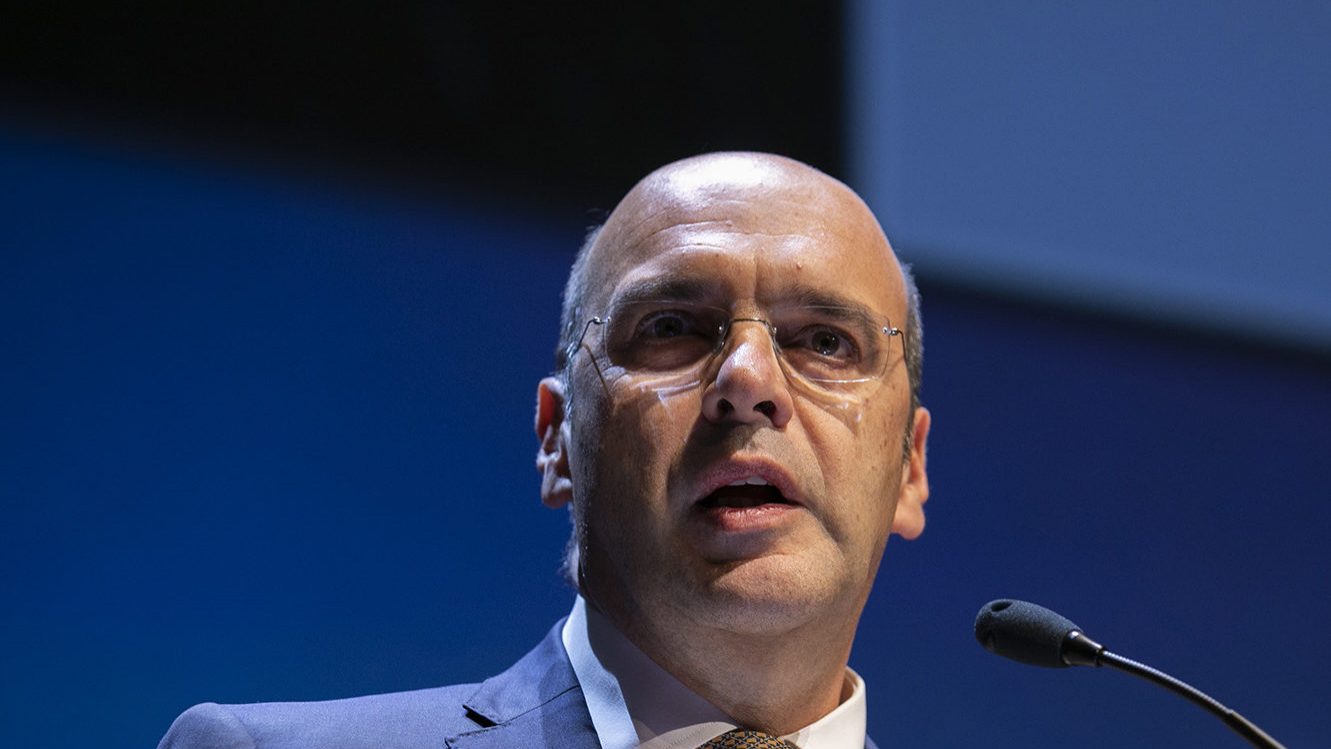Competition authority vigilant against ‘crisis cartels’
According to the head of the regulator, "the fight against cartels is at the core of competition law enforcement", and that is why the PCA has kept "the fight against cartels" as its "top priority".
The president of Portugal’s Competition Authority (PCA) warned on Wednesday that there is a need for “particular vigilance” concerning “crisis cartels”, where companies are affected by an economic downturn work together to keep prices high.
“In the current context, competition law enforcement in the fight against cartels is more important than ever,” said Margarida Matos Rosa, explaining that the overall reinforcement of public spending underway to foster economic recovery, the adaptation to new digital and environmental standards and the revision of business models by companies can enhance “collusive behaviour”.
Margarida Matos Rosa was speaking at the opening of the ICN (International Competition Network) Cartel Workshop, a forum for discussion between competition authorities and non-governmental experts which, this year, is organized in Lisbon by PCA and brings together (in a mixed model, in-person and online), more than 500 experts in the fight against cartels from more than 50 jurisdictions, including USA, Germany and France.
Stressing that “all this takes place at a time when many families and companies are in a situation of financial vulnerability”, the PCA president noted that the competent bodies must “be committed to ensuring that members of a cartel do not misappropriate the efforts of taxpayers, families and companies”.
“How do we do that? We have to stay focused and up-to-date on all dimensions of cartel enforcement: prevention, detection, investigation and deterrent sanctions,” she maintained.
According to the head of the regulator, “the fight against cartels is at the core of competition law enforcement”, and that is why the PCA has kept “the fight against cartels” as its “top priority”.
Over the past five years, this has resulted in sanctions on “dozens of companies and associations of companies”, “totalling more than €900 million in fines”.
Another example given by the president of the PCA was “cartels in labour markets”, in which “companies can collude to coordinate their strategies in labour markets, namely by engaging in agreements not to recruit workers and to fix wages, or even to coordinate strategies to lay off workers”.
“Employers must adopt independent and competitive conduct. In doing so, they will be contributing to higher levels of efficiency and innovation, which are even more essential in a context of economic recovery”, she said.
Another aspect that, according to Margarida Matos Rosa, contributes to a more resilient economic recovery is the “fight against collusion between competitors in public procurement”.
“With public investment levels rising, it is crucial to avoid wasting funds due to lack of competition in public procurement procedures. It is thus crucial to ensure that public tenders are designed efficiently so that they promote the participation of as many companies as possible and competition,” he said, adding, “This also reduces the risk of cartels being formed for the tender.”
In this regard, the PCA said it has an ongoing campaign to fight cartels in public tenders that “has already had several positive results, from an increase in the quantity and quality of information reported to more public procurement procedures with a more efficient design”, has led to “the opening of important investigations in sectors such as railway maintenance, and, more recently, in security and surveillance services and two in the health sector”.
Finally, the head of the Competition Authority pointed out how “the investigation and sanctioning of cartels in sectors with a direct impact on families is particularly relevant in times of economic crisis”.
“At the PCA we have sanctioned ‘hub-and-spoke’ agreements in the large distribution sector,” she said, recalling that the body “has issued four sanctioning decisions on this type of practices in the last 11 months” and that “these schemes deprive consumers of more choice and better prices in many essential goods”.


